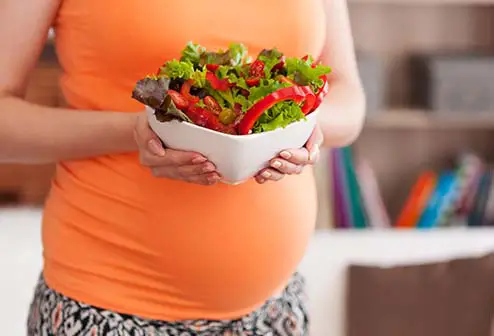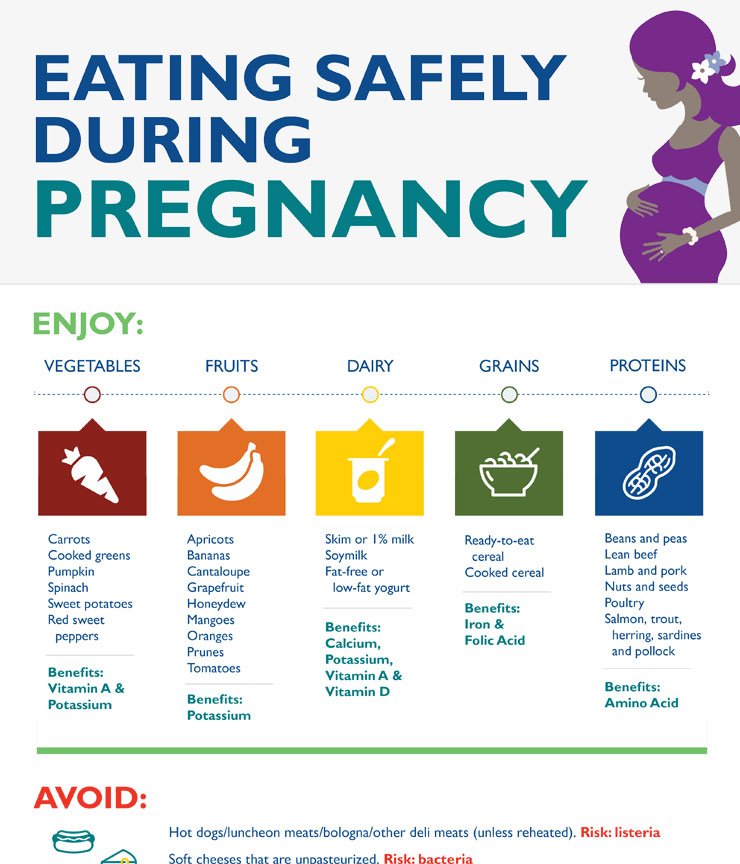Pre-natal and Post Natal Dietics & Nutritional Screening in Gurgaon

Priyanka Goenka
Chief Nutritionist- specialises in pregnancy, postpartum and child nutrition.
Certified Nutritionist

About Pre-natal and Post Natal Dietics & Nutritional Screening
The Academy of Nutrition and Dietetics recommends the following key components of a healthy lifestyle during pregnancy:
- Appropriate weight gain
- A balanced diet
- Regular exercise
- Appropriate and timely vitamin and mineral supplementation
Fluid Intake During Pregnancy
Fluid intake is also an important part of pregnancy nutrition. Follow these recommendations for fluid intake during pregnancy:
- You can take in enough fluids by drinking several glasses of water each day, in addition to the fluids in juices and soups. Talk to your health care provider or midwife about restricting your intake of caffeine and artificial sweeteners.
- Avoid all forms of alcohol.
Ideal Foods to Eat During Pregnancy

The following foods are beneficial to your health and fetal development during pregnancy:
- Vegetables: carrots, sweet potatoes, pumpkin, spinach, cooked greens, tomatoes and red sweet peppers (for vitamin A and potassium)
- Fruits: cantaloupe, honeydew, mangoes, prunes, bananas, apricots, oranges, and red or pink grapefruit (for potassium)
- Dairy: fat-free or low-fat yogurt, skim or 1% milk, soymilk (for calcium, potassium, vitamins A and D)
- Grains: ready-to-eat cereals/cooked cereals (for iron and folic acid)
- Proteins: beans and peas; nuts and seeds; lean beef, lamb and pork; salmon, trout, herring, sardines and pollock
Foods to Avoid During Pregnancy
Avoid eating the following foods during pregnancy:
- Unpasteurized milk and foods made with unpasteurized milk (soft cheeses, including feta, queso blanco and fresco, Camembert, brie or blue-veined cheeses—unless labeled “made with pasteurized milk")
- Hot dogs and luncheon meats (unless they are heated until steaming hot before serving)
- Raw and undercooked seafood, eggs and meat. Do not eat sushi made with raw fish (cooked sushi is safe).
- Refrigerated pâté and meat spreads
- Refrigerated smoked seafood













